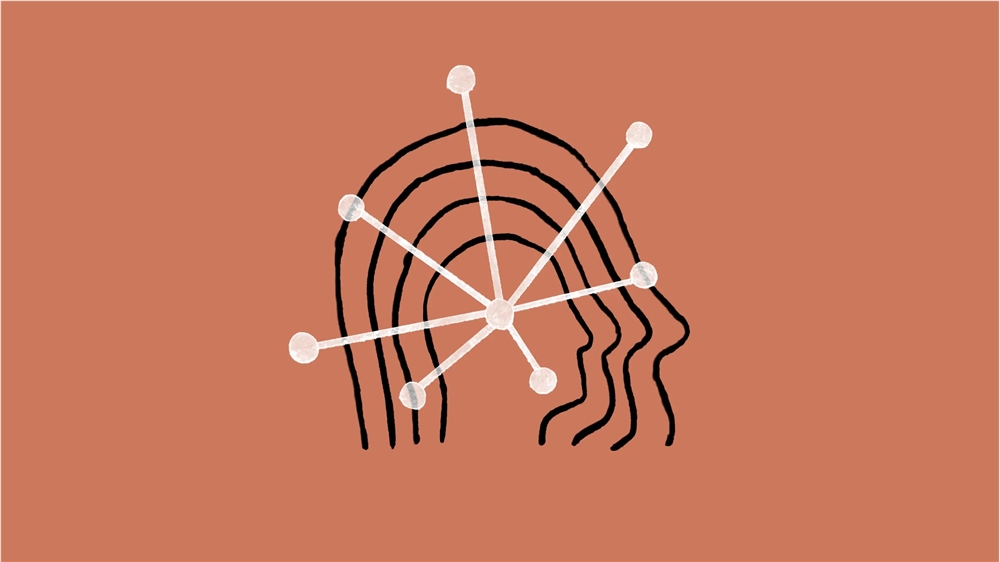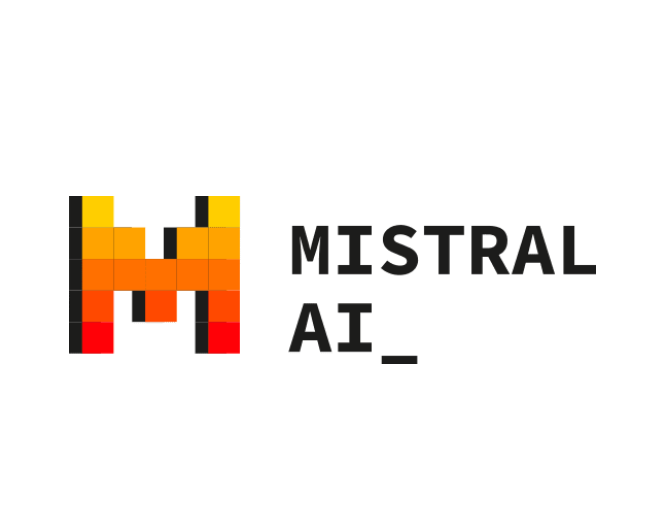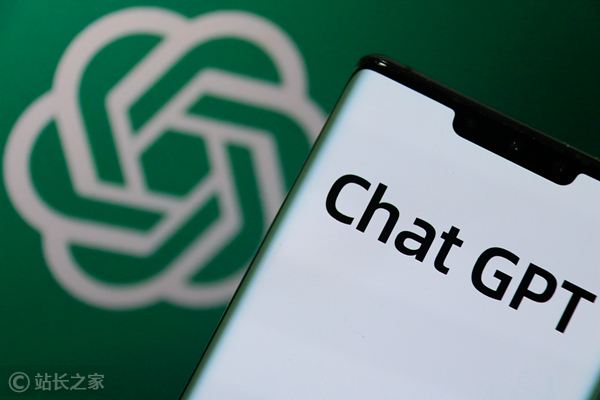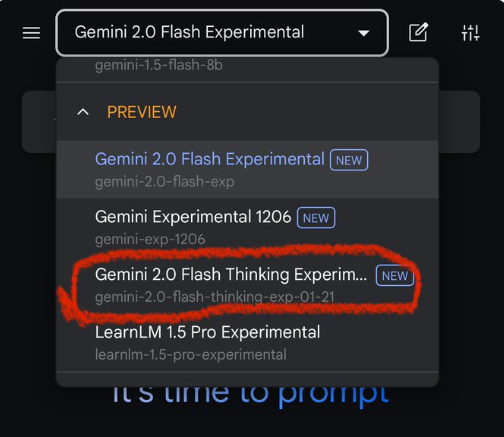At the recent "Technology Debate" in Davos, Meta's chief AI scientist Yann LeCun made exciting predictions about the development of artificial intelligence in the next five years. He believes that existing artificial intelligence systems will face huge changes in the next 3 to 5 years, and a "new AI architecture paradigm" will emerge that surpasses the capabilities of generative AI and large language models (LLM) commonly used today. .
LeCun pointed out that although the current LLM performs well in language processing, it has significant limitations in truly intelligent behavior. He believes that these limitations are mainly reflected in the following four aspects: lack of understanding of the physical world, lack of lasting memory, lack of reasoning ability, and lack of complex planning capabilities.
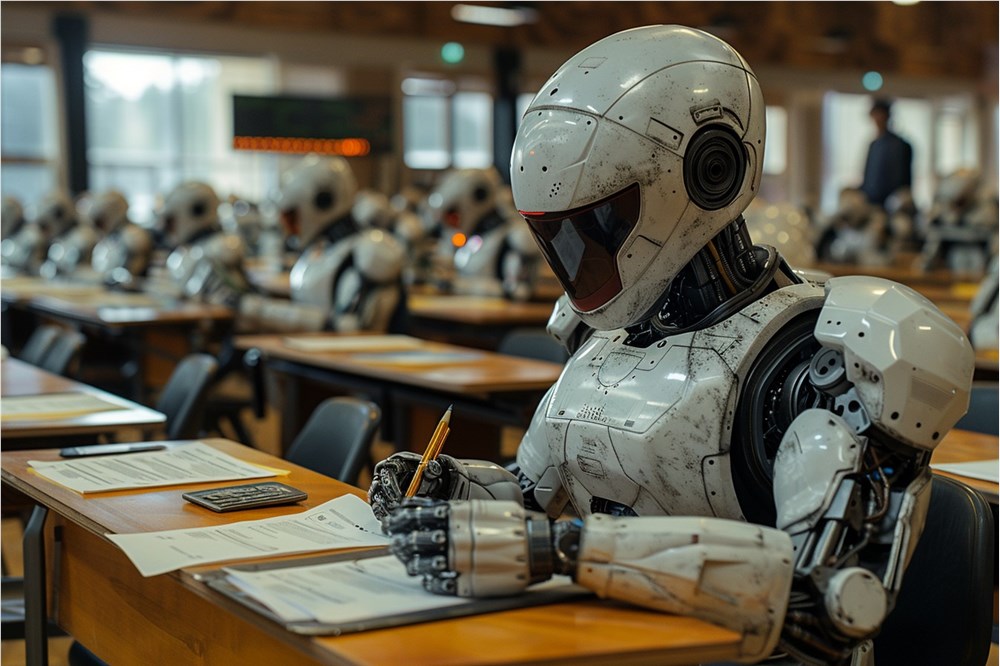
He admitted: "LLM is not good at thinking, so there is a need to build systems that are more 'world models', which will give machines common sense, intuition and reasoning capabilities."
LeCun emphasized that new AI systems will be able to learn by observing and interacting with the world, which means that future machines will not only process information, but also better understand and cope with the complexity of the real world. He added: "If our plan is successful, there will be completely new AI systems in the next three to five years that may have some level of common sense."
At the same time, LeCun also predicts that the next decade may be the "decade of robots." He believes that the combination of AI and robotics will open up new intelligent application scenarios. He mentioned that although current generative AI is impressive, there is still a lot of potential for robots to understand and adapt to the physical world. Current robotics technology is still far from the understanding of cats.
At present, Meta has been involved in robot research, and OpenAI is also actively deploying in this field. It is forming a general-purpose and adaptable robot team with the goal of developing robots with human intelligence. LeCun concluded that future AI systems will be more intelligent and are expected to truly understand how the real world operates.
AI courses are suitable for people who are interested in artificial intelligence technology, including but not limited to students, engineers, data scientists, developers, and professionals in AI technology.
The course content ranges from basic to advanced. Beginners can choose basic courses and gradually go into more complex algorithms and applications.
Learning AI requires a certain mathematical foundation (such as linear algebra, probability theory, calculus, etc.), as well as programming knowledge (Python is the most commonly used programming language).
You will learn the core concepts and technologies in the fields of natural language processing, computer vision, data analysis, and master the use of AI tools and frameworks for practical development.
You can work as a data scientist, machine learning engineer, AI researcher, or apply AI technology to innovate in all walks of life.
